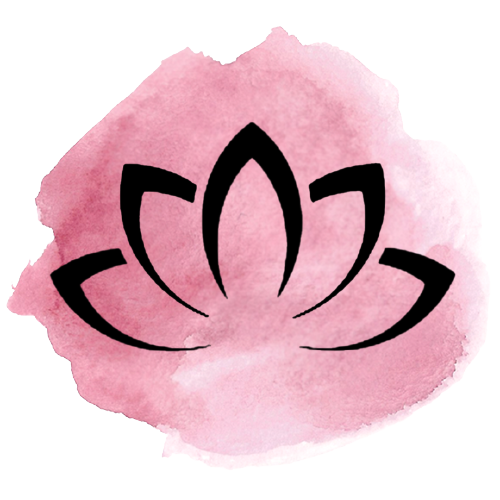Director John Hsu Redefines Success with “Dead Talents Society”
Featured in the Taiwan Showcase collection at the San Diego Asian Film Festival, Dead Talents Society’s two-day run brought in crowds of all ages and walks of life, eager to see young Taiwanese director John Hsu’s newest film. John made the grueling flight from Taiwan to attend the screenings, and he took some time to give a Q&A session with the audience and chat with me personally.
After the resounding success of his 2019 debut feature film, Detention, a psychological horror film set during the White Terror period in Taiwan, director John Hsu surprisingly found himself grappling with the meaning of success. “After the overwhelming audience feedback [from Detention], I started wondering what I was chasing after, and I experienced burnout,” Hsu shared. If the numbers in the box office and prestigious awards to his name were not the answer to self-fulfillment as a filmmaker, then what is? Hsu set out to explore this with his latest work, Dead Talents Society.
Uniquely straddling the line between comedy and horror, Hsu brings us a playful afterlife, where ghosts must compete for recognition as urban legends to avoid disappearing into oblivion forever. This initiates an underworld industry mirroring the ruthless drama and ferocious innovation of Hollywood, with ghosts endlessly devising inventive, novel ways of haunting the living to cement their reputations as urban legends.
The story centers around a young ghost fresh to the underworld (Gingle Wang), who finds herself on a tight timeline to make her big break or vanish for eternity. Crafted after Hsu’s own experiences and feelings, the young ghost, stuck with a bland death story and lacking a signature “killer move”, is desperate to be seen. Her struggle, as it turns out, extends from her time in the living world. Hsu himself experienced these kinds of pressures as a child. “My parents were not the stereotypical parents who give a lot of stress to their kids. They were all about encouragement, which can still be stressful, because you don’t want to let them down,” he reflects. There’s a heart-wrenching moment in the film when the protagonist makes a list of things she wants to achieve that she believes will define her and prove her existence in the world. But Hsu, now armed with the wisdom of experience, advises the audience, “Don’t make that list.” Because, ultimately, we don’t need that to show that we were here and led a life worth living. After his burnout from Detention, Hsu sees Dead Talents Society as his healing film. Candidly redefining for himself what it means to be seen and to exist, Hsu says, “it was like therapy for myself. I realized all I wanted to hear was that you don’t have to be special to prove your existence ”.
The international reception of Dead Talents Society has been astounding. Crossing paths with people of Taiwanese descent along the way, Hsu hopes to “give them a piece of home and something to connect to.” Certainly, there were many uniquely Taiwanese “easter eggs” to find, from popular ghost tales to highly stimulating newscasts that might bring a knowing smile to Taiwanese viewers. And at the core, tucked between these elements of culture and folklore, are unifying lessons people from many walks of life can relate to. Indeed, the showing I attended was full on its second-day run. The theater was filled with people of all ages, backgrounds, etc., most of whom stayed behind for the Q&A session with Hsu–perhaps a testament to a collective desire to leave something of ourselves behind and to find meaning in our own existence.
ABOUT THE SAN DIEGO ASIAN FILM FESTIVAL:
Pacific Arts Movement (Pac Arts) is the most comprehensive portrait of Asian and Asian American cinema in North America. Located in San Diego, California, Pac Arts is the presenter of the annual San Diego Asian Film Festival, the largest showcase of Asian cinema on the West Coast, and the Spring Showcase of Asian Cinema. The 25th SDAFF is scheduled for November 7-16, 2024. For more information, visit sdaff.org.


